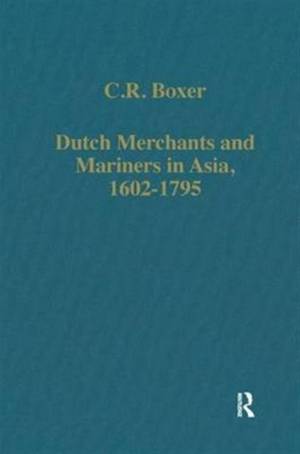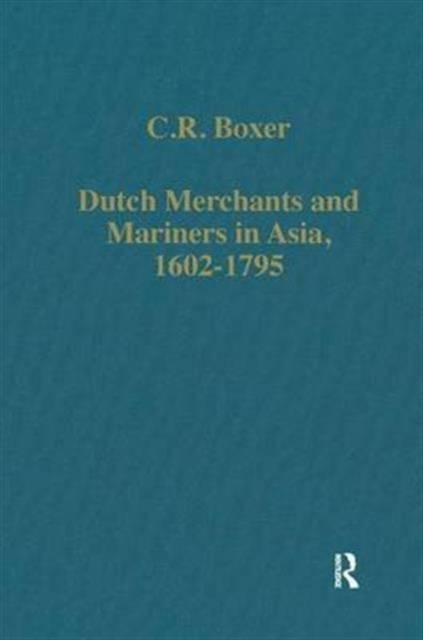
- Afhalen na 1 uur in een winkel met voorraad
- Gratis thuislevering in België vanaf € 30
- Ruim aanbod met 7 miljoen producten
- Afhalen na 1 uur in een winkel met voorraad
- Gratis thuislevering in België vanaf € 30
- Ruim aanbod met 7 miljoen producten
Zoeken
Omschrijving
Although later than the Portuguese in reaching the coasts of Asia, the Dutch became in the 17th and 18th centuries the most important of the European nations engaged in the Asian trade - in terms both of the quantity and value of the cargoes shipped, and the number of ports involved. In those centuries the V.O.C., the Dutch East India Company, was the greatest mercantile corporation in the world, and these articles deal with its activities in Asia, from the Indian Ocean to the Far East. They look at the company's failures, successes and conflicts: the loss of Formosa to the Chinese in 1662, the wealth it drew from the Japan trade and the extent of its influence there, and the rivalry with other European nations, notably the English and the French. The final studies, on the failing years of the V.O.C., look also at the career of Isaac Titsingh, at once a successful servant of the V.O.C. and one of the few to take a seriously scholarly interest in the Orient.
Specificaties
Betrokkenen
- Auteur(s):
- Uitgeverij:
Inhoud
- Aantal bladzijden:
- 352
- Taal:
- Engels
- Reeks:
Eigenschappen
- Productcode (EAN):
- 9780860782322
- Verschijningsdatum:
- 30/06/1988
- Uitvoering:
- Hardcover
- Formaat:
- Genaaid
- Afmetingen:
- 149 mm x 224 mm
- Gewicht:
- 598 g

Alleen bij Standaard Boekhandel
+ 443 punten op je klantenkaart van Standaard Boekhandel
Beoordelingen
We publiceren alleen reviews die voldoen aan de voorwaarden voor reviews. Bekijk onze voorwaarden voor reviews.











